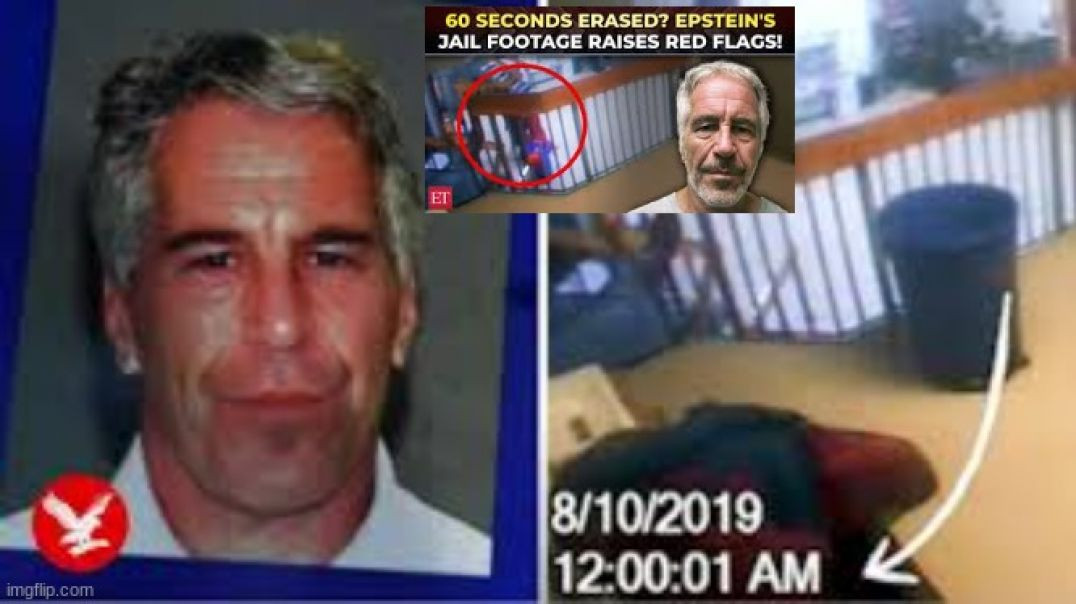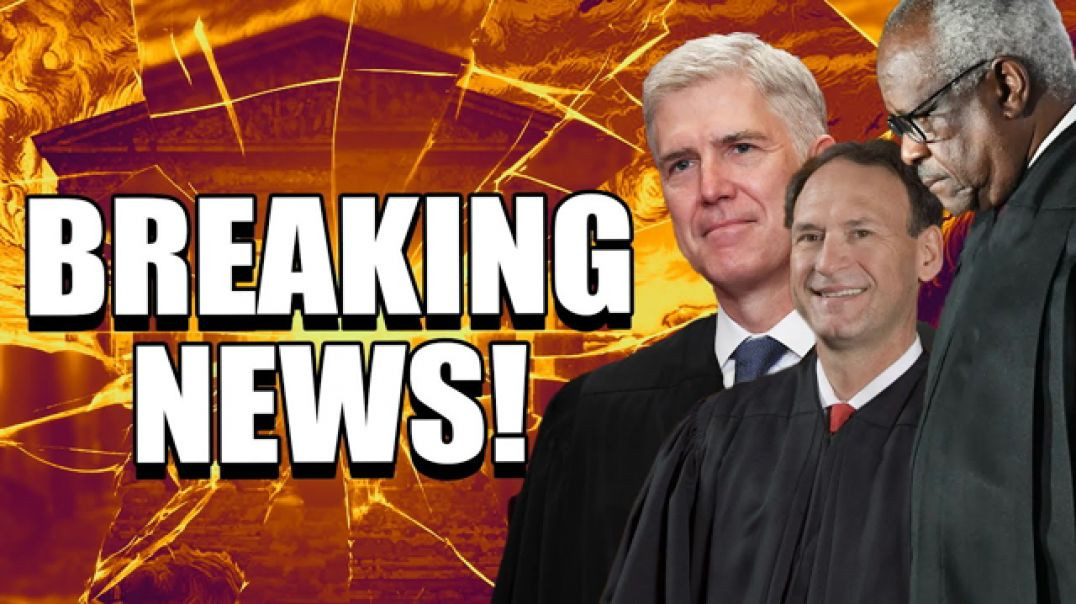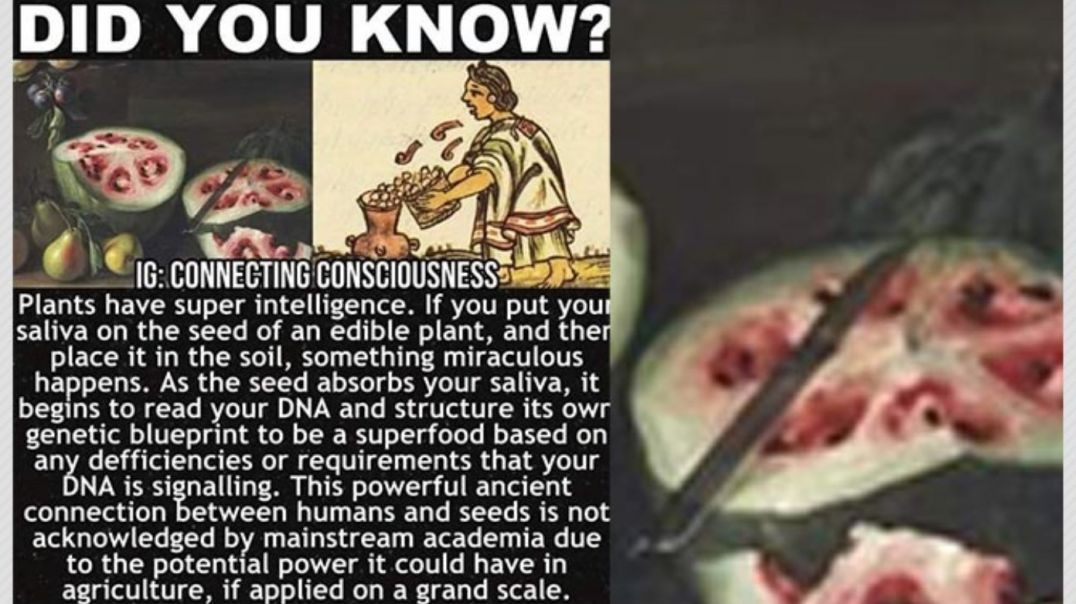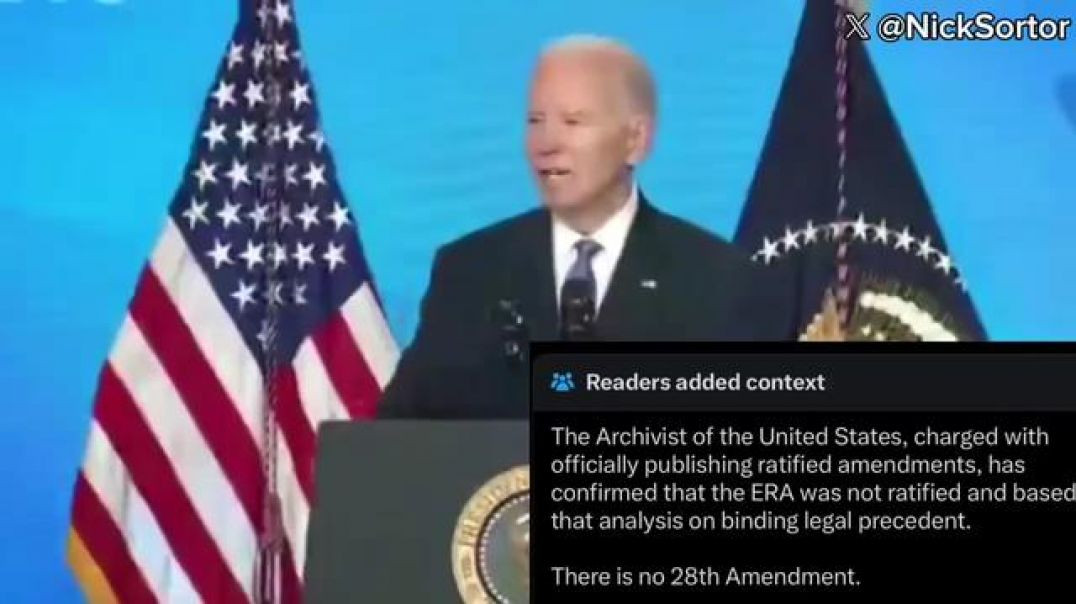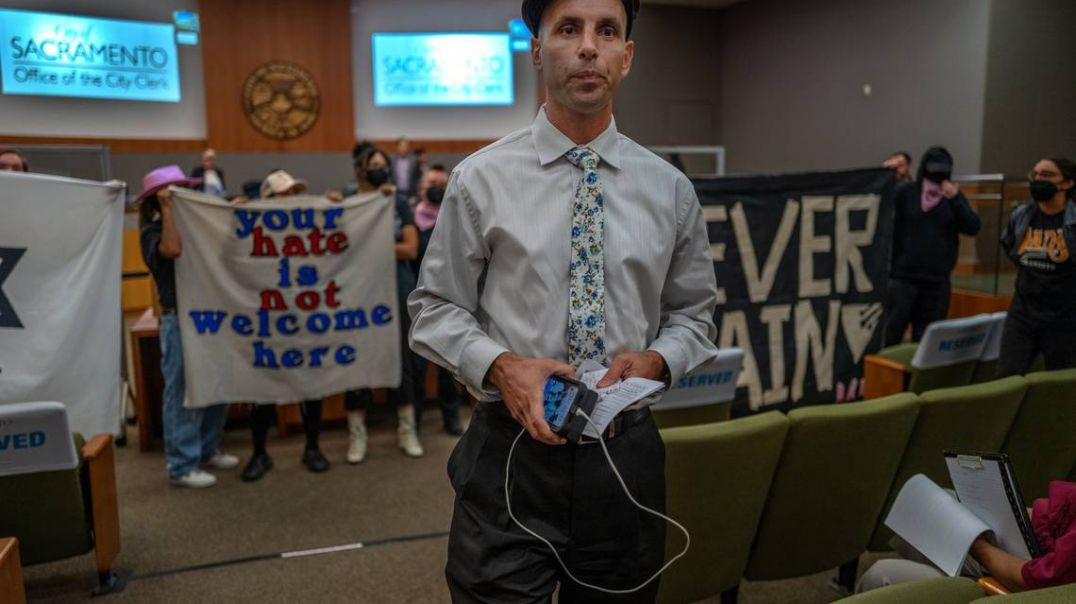Live streaming on Altcast.TV is now available!
THE 'MISSING' 📜 13th AMENDMENT
Source: https://www.youtube.com/@SizzleCh3st/videos
AltCastTV thumbnail: https://cheezburger.com/6526744064/bait-and-switch
"If any citizen of the United States shall accept, claim, receive, or retain any title of nobility or honour, or shall without the consent of Congress, accept and retain any present, pension, office, or emolument of any kind whatever, from any emperor, king, prince, or foreign power, such person shall cease to be a citizen of the United States, and shall be incapable of holding any office of trust or profit under them, or either of them."
https://tona13.blogspot.com/
Johnny Appleseed 🍎🍏 is one of my facets
VfB busted the bait 7 switch of the (((trans-Atlantic slave trade:
[gab url, yo]
I see that some of the subs ran for the hills when I said I wasn't posting here actively; note the term ACTIVELY
This is the last video I will post to BitChute, so that CANST can serve as an archive; I will, however, updates certain posts as warranted, and I will duplicte said updates in comments
I wish to support newer interfaces, while NOT abandoning the dates that brought me to the party 🏰
BTW - uncle🕋murry's here: https://odysee.com/@uncle%F0%9F%95%8Bmurry:a
VfB rules the valley, bitches 🌋
https://[a]www.gilderlehrman.o....rg%2Fhistory-resourc
Ratifying the Thirteenth Amendment, 1866
© 2012 The Gilder Lehrman Institute of American History
[a]www.gilderlehrman.org[/a]
Introduction
President Abraham Lincoln’s Emancipation Proclamation freed slaves only in Confederate states
still at war with the Union on January 1, 1863, and as a wartime order, it could be reversed by
subsequent presidential proclamation, congressional legislation, or court ruling. Through a
constitutional amendment, the abolition of slavery could be made permanent throughout the
United States.
In April 1864, the Senate, responding in part to an active abolitionist petition campaign, passed
the Thirteenth Amendment to abolish slavery in the United States. Opposition from Democrats in
the House of Representatives prevented the amendment from receiving the required two-thirds
majority, and the bill failed.
Following his re-election in November 1864, Lincoln threw his weight behind the amendment.
He persuaded eight House Democrats to switch their votes and encouraged several other
Representatives who had missed the previous vote to support the amendment, which was finally
passed on January 31, 1865. The Constitution does not require presidential signatures on
amendments, but Lincoln added his, making it the only constitutional amendment to be later
ratified that was signed by a president.
The Thirteenth Amendment was ratified on December 6, 1865, when Georgia became the
twenty-seventh state to approve it out of the then-total thirty-six states. Iowa was the thirty-first
state, voting for ratification on January 15, 1866. The document shown here is the joint
resolution passed by Iowa’s House and Senate and printed on March 30. It lists the names of all
the Iowa legislators in the general assembly who voted for ratification, and includes a few small
engravings depicting allegorical symbols of liberty and other patriotic images.
With the ratification of the Thirteenth Amendment, four million African Americans—almost a
third of the population of the South—became permanently free and slavery was abolished in the
United States:
Section 1. Neither slavery nor involuntary servitude, except as a punishment for crime
whereof the party shall have been duly convicted, shall exist within the United States, or
any place subject to their jurisdiction.
Section 2. Congress shall have power to enforce this article by appropriate legislation.
2
Ratifying the Thirteenth Amendment, 1866
© 2012 The Gilder Lehrman Institute of American History
[a]www.gilderlehrman.org[/a]
Questions for Discussion
Read the document and apply your knowledge of American history in order to answer the
following questions.
1. Research which state was the first to ratify the Thirteenth Amendment only one day after
it was formally proposed. Explain the significance of this action.
2. Carefully examine the images and the format of the Iowa document. In what ways does
the document indicate evident pride by the members of the Iowa general assembly in
their decision to support the ratification of the Thirteenth Amendment?
3. How can you explain the decision by the Iowa legislature to still ratify the Thirteenth
Amendment when it had already been adopted by the required three-fourths of the states?
https://[a]www.gilderlehrman.o....rg%2Fhistory-resourc
Archived at https://archive.ph/aJJhC
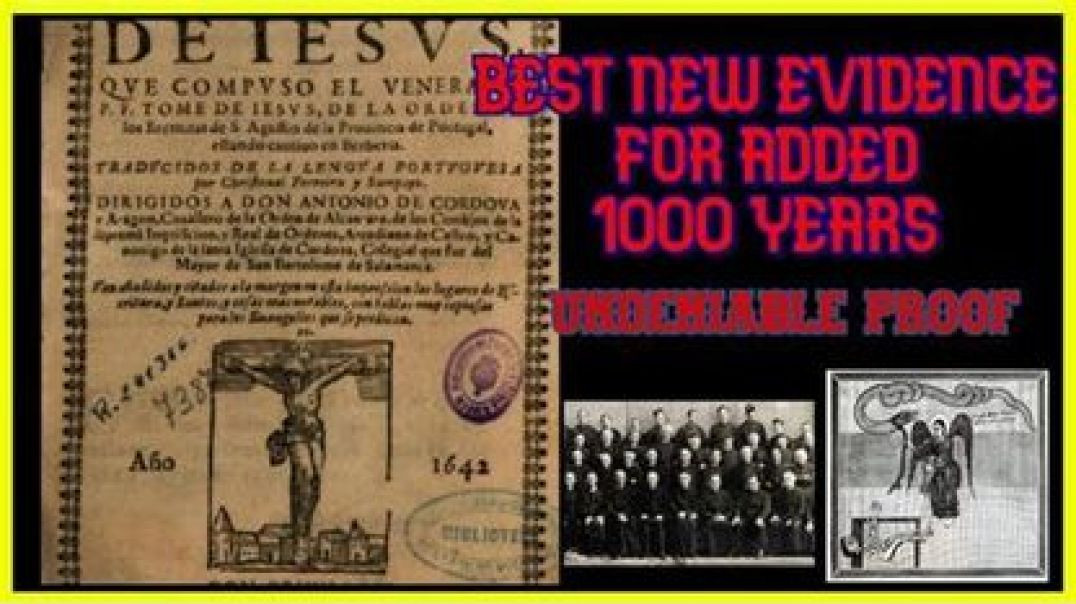
![THE MISSING MUDFLOODS [THE PRECURSOR TO LOST HISTORY 🗺️ OF FLAT EARTH [1-7]]](https://s3.us-central-1.wasabisys.com/altcast1/upload/photos/2025/10/vUCm9yzyGpihtbUkm6Mi_05_a903453b612fe5be2258c4c127f153ca_image.jpg)


